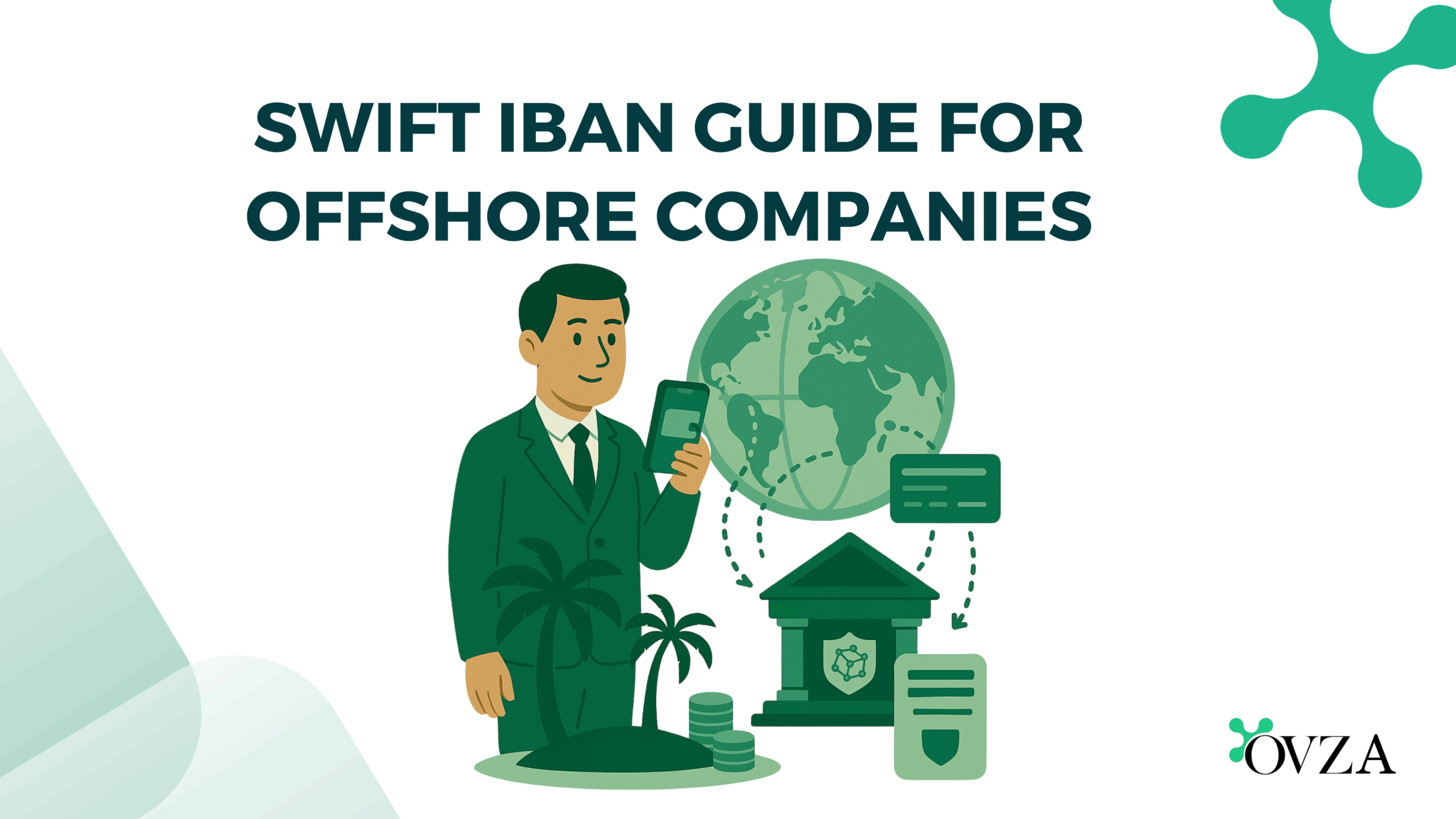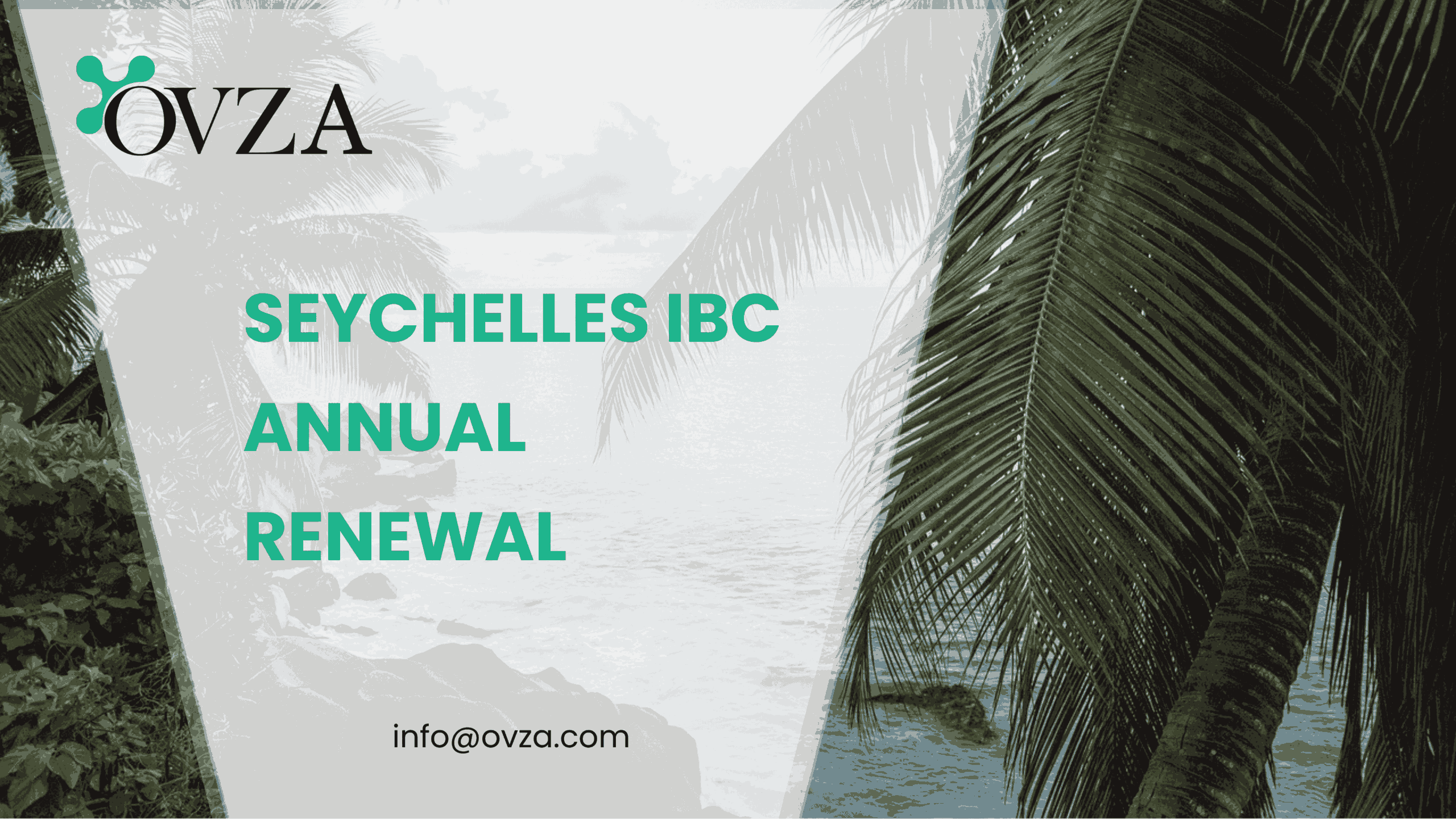Offshore access to SWIFT and IBAN requires legal structuring, regulatory compatibility, and institutional compliance. The legal and operational framework for using SWIFT and IBAN systems in offshore banking contexts is shaped by a complex interplay between international payment protocols, financial institution licensing regimes, and cross-border compliance norms. The availability of SWIFT and IBAN access to offshore entities is not automatic and is often limited by regulatory risk assessments, banking partner networks, and local KYC enforcement requirements. This article outlines the legal principles governing SWIFT and IBAN usage in the offshore sector, with a focus on institutional accessibility, legal structuring, and financial compliance exposure.
Legal Infrastructure and Regulatory Barriers
SWIFT, or the Society for Worldwide Interbank Financial Telecommunication, is a global messaging network that facilitates secure transmission of payment instructions and financial data between financial institutions. IBAN, or International Bank Account Number, is a standardized format for bank account identification used predominantly within the EU and select jurisdictions under ISO 13616. While both systems are not inherently limited to onshore entities, access to SWIFT and issuance of IBANs to offshore companies depends on the regulatory licensing of the financial institution, its correspondent banking relationships, and its internal risk policy.
Offshore entities seeking to use SWIFT or obtain IBANs must contract with licensed banks or Electronic Money Institutions (EMIs) that participate in these systems. Legal capacity to hold such accounts typically derives from the company’s incorporation law. Under the BVI Business Companies Act, a BVI company may open and operate foreign currency accounts without restriction. Similarly, Seychelles IBCs incorporated under the IBC Act, 2016 are permitted to engage in offshore banking arrangements, provided that such activities do not constitute regulated financial services within Seychelles.
However, legal recognition is not sufficient to ensure access. Banks and EMIs offering SWIFT and IBAN accounts often impose significant compliance requirements under FATF Recommendations, EU AML Directives, and local enforcement protocols. Offshore entities are frequently categorized as higher risk due to perceived opacity, nominee structures, and lack of substantive presence. Consequently, institutions may require certified incorporation documents, notarized identification, beneficial ownership declarations, and transaction justifications before issuing SWIFT credentials or IBANs.
It is also critical to distinguish between IBANs issued by EMIs and those issued by traditional banks. EMIs, while regulated, do not always provide the same level of legal protection under deposit insurance schemes, and their ability to offer cross-border payments via SWIFT may be limited by licensing constraints or partnership availability. Disputes have arisen over the nature of these accounts—whether they constitute deposits or client money accounts—and such distinctions may impact legal recourse in insolvency or fraud scenarios.
For offshore entities engaged in cross-border trade or investment, the lack of SWIFT and IBAN access can be a significant operational constraint. Certain jurisdictions also impose additional barriers. For example, U.S.-based banks subject to FATCA obligations often decline to issue USD IBANs to non-resident entities with opaque ownership. This has resulted in increased reliance on alternative payment rails and non-bank financial institutions, many of which operate under separate licensing structures and are subject to varied levels of oversight.
Legal Structuring for Access and Financial Risk Implications
In order to obtain access to SWIFT and IBAN services, offshore companies must adopt legal structures that comply with the operational requirements of financial institutions while also addressing jurisdictional tax and AML considerations. The structure of the offshore entity—whether as a trading company, asset holding company, or intermediary service provider—plays a central role in determining whether it will be eligible for full banking access, including SWIFT connectivity and international IBAN issuance.
Financial institutions offering SWIFT and IBAN services typically evaluate offshore applicants based on several legal factors, including corporate transparency, licensing obligations in the jurisdiction of incorporation, and the nature of the business activity. For instance, an IBC providing online consultancy may be treated more favorably than a crypto-oriented entity or one engaged in financial intermediation without a license. Where the latter occurs, institutions may require that the offshore company obtain a regulatory opinion or relevant licensing confirmation, especially under the EU’s MiFID II or under domestic virtual asset regulations modeled on FATF Recommendation 15.
The legal agreement between the offshore company and the financial institution governs the extent of the rights and liabilities associated with SWIFT and IBAN use. Such agreements are subject to contract law and may designate the forum and governing law in case of dispute. For example, many EMIs offering IBAN accounts do so under the laws of Lithuania, Ireland, or Luxembourg, and disputes must be brought before those courts or through institutional arbitration. Offshore companies must ensure that these legal provisions do not contradict local incorporation law or expose the entity to unexpected jurisdictional risk.
Moreover, institutions may retain broad discretionary rights under the terms of service, including the power to suspend or terminate access without judicial oversight if compliance red flags are triggered. Such red flags may include sudden changes in transactional volume, unexplained wire activity to sanctioned jurisdictions, or discrepancies between declared and actual beneficiaries. In some cases, this can result in frozen funds, reportable suspicious activity, or automatic termination of services.
Legal practitioners advising offshore entities on SWIFT and IBAN access must also consider the implications of cross-border tax enforcement. A company with IBAN accounts in the EU, for example, may find itself subject to scrutiny by EU tax authorities if its beneficial owner is tax resident in an EU member state. Under the EU Directive on Administrative Cooperation in Taxation (DAC6), certain cross-border arrangements involving IBAN accounts and offshore structures may trigger mandatory disclosure requirements for intermediaries and tax advisors. The failure to disclose reportable arrangements under these rules can lead to significant penalties and reputational consequences.
Beyond legal structuring, practical access to SWIFT and IBAN networks is also influenced by the stability and regulatory reputation of the institution offering the account. Institutions operating in grey- or blacklisted jurisdictions under the EU AML list or the OECD tax transparency blacklist may be denied corresponding relationships or restricted from processing international payments. As a result, even if an offshore company is properly incorporated and lawfully structured, it may encounter denial of service based on the domicile or compliance profile of its financial provider.
An additional legal issue concerns the treatment of multi-currency accounts linked to SWIFT and IBAN frameworks. While IBANs are typically associated with EUR or GBP transactions, offshore companies may also require access to USD payment rails. However, many offshore-focused institutions do not offer U.S. correspondent banking, or only do so through complex intermediary arrangements that raise separate AML and reporting issues. The legal architecture of such arrangements must be carefully examined to ensure clarity regarding transaction flow, liability for errors, and the governing law in the event of a dispute.
Operational Resilience and Legal Sustainability
Access to SWIFT and IBAN systems by offshore companies is not solely a matter of eligibility under incorporation law, but rather a composite issue involving institutional risk appetite, cross-border compliance frameworks, and regulatory policy alignment. Even where a company is legally formed and maintains clear ownership records, the choice of banking partner, payment channel, and account structure will significantly affect its ability to interact with global financial infrastructure. For these reasons, SWIFT IBAN guide for offshore usage must be situated within the broader framework of international financial law and regulatory practice.
It is increasingly common for banks and EMIs to impose dynamic KYC procedures and real-time monitoring of payment behavior. These controls are grounded in evolving standards under the Fifth Anti-Money Laundering Directive (5AMLD) and the regulatory expectations of entities such as the European Banking Authority (EBA). Offshore companies seeking continuity in SWIFT and IBAN access must therefore not only satisfy onboarding conditions but also adapt to ongoing monitoring obligations. These may include periodic updates of UBO information, confirmation of business activity, and submission of audited financials or tax filings where relevant.
The future viability of SWIFT and IBAN access for offshore companies will likely be shaped by several trends. These include increased emphasis on economic substance, convergence of AML/CFT regimes, and the digitization of cross-border banking infrastructure. Additionally, the expansion of digital identifiers such as the Legal Entity Identifier (LEI) may become a prerequisite for maintaining transactional credibility in SWIFT networks, particularly in securities and large-value transactions.
For entities engaging in international commercial activity, the ability to receive and transmit funds through recognized banking protocols such as SWIFT and IBAN remains a critical operational capability. The loss or suspension of such access can be functionally equivalent to being excluded from the international financial system. Thus, the legal sustainability of SWIFT IBAN usage by offshore entities rests on transparent corporate governance, alignment with international compliance frameworks, and careful selection of financial service providers.
Conclusion
The use of SWIFT and IBAN accounts in offshore structures is a lawful and essential component of international business when properly implemented. However, legal access depends on more than incorporation status; it requires regulatory compatibility, institutional reliability, and jurisdictional credibility. The SWIFT IBAN guide for offshore structuring must address the legal nature of the account, the compliance obligations of the holder, and the operational parameters of the financial institution.
As payment networks and regulatory norms continue to evolve, offshore companies must approach banking access with legal foresight, not merely administrative convenience. Future-proof structuring will depend on careful legal drafting, documentation discipline, and strategic jurisdictional alignment.
Disclaimer: The information provided on this website is intended for general reference and educational purposes only. While OVZA makes every effort to ensure accuracy and timeliness, the content should not be considered legal, financial, or tax advice.













